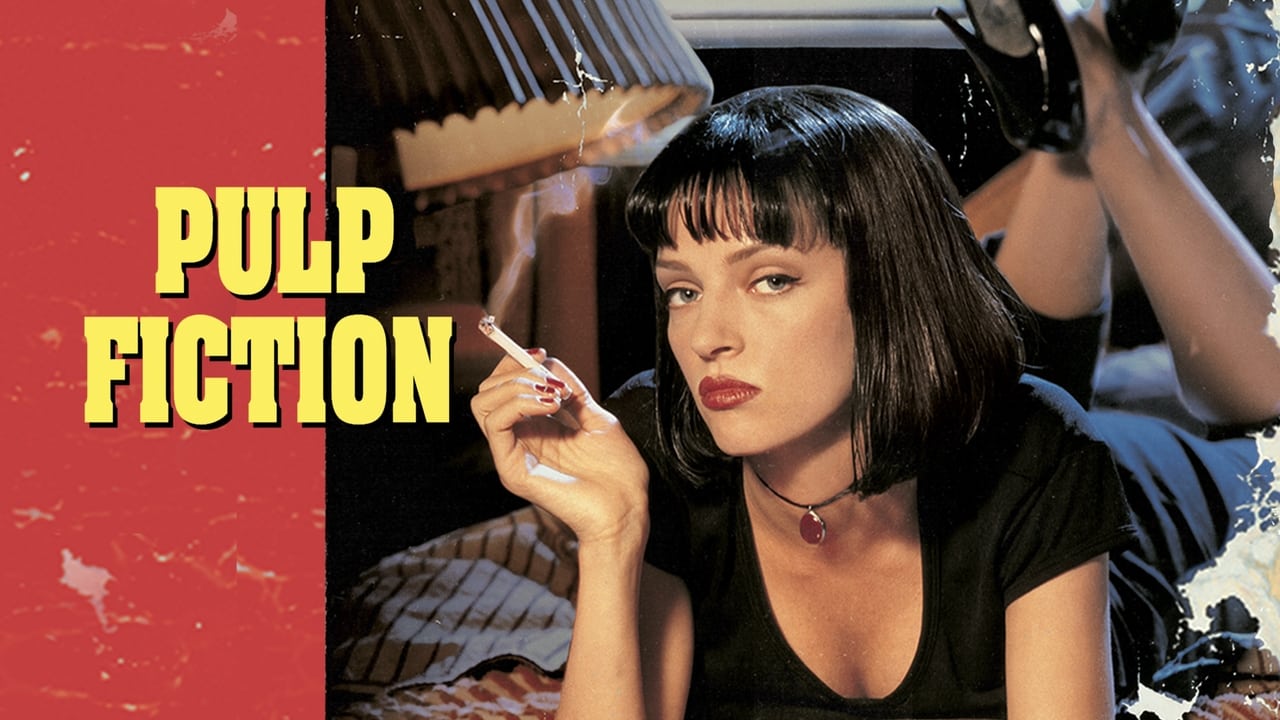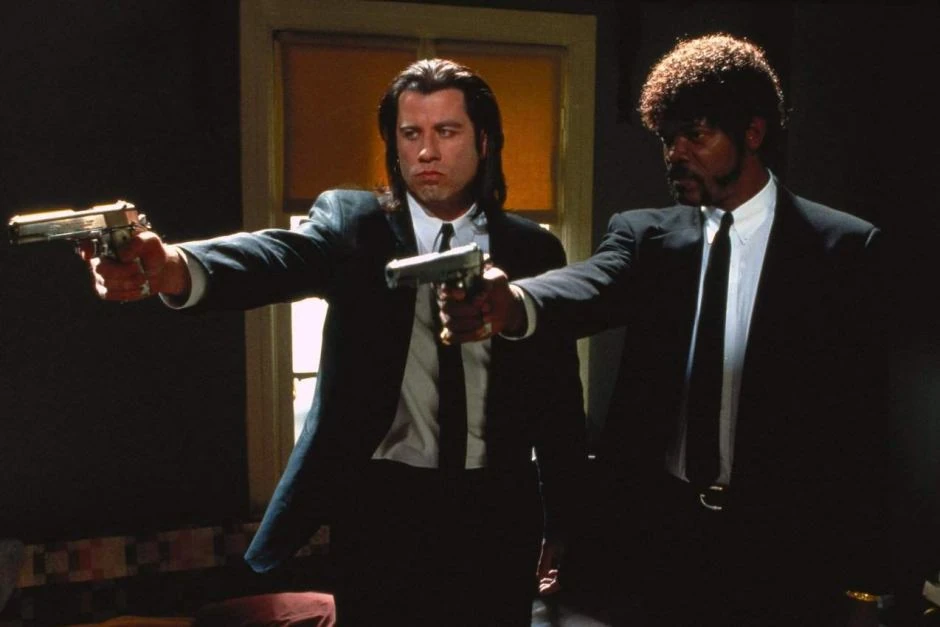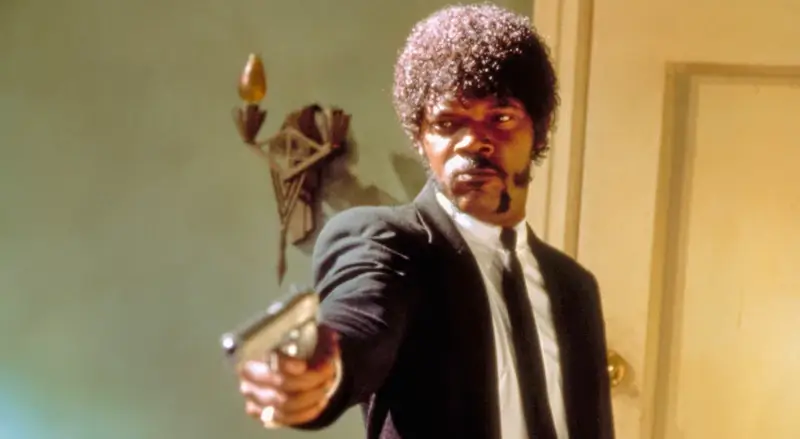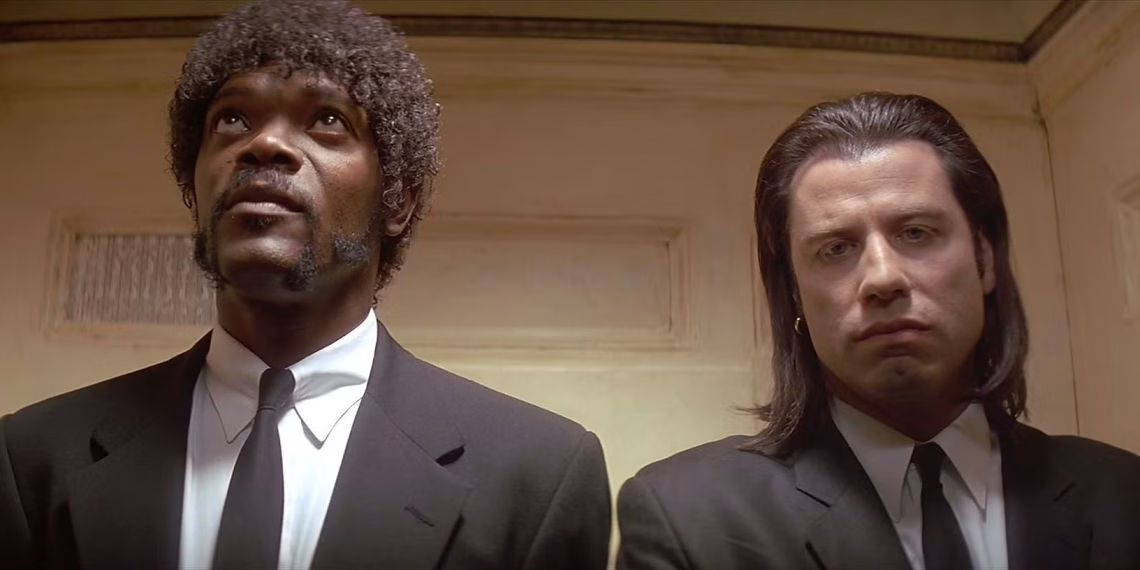Quentin Tarantino’s Pulp Fiction is one of the most iconic and discussed films of all time, partly due to its unconventional storytelling and non-linear narrative. Released in 1994, this film charmed audiences worldwide with its sharp dialogue, memorable characters, and unexpected twists. However, the unique structure of Pulp Fiction often leaves viewers puzzled about its ending and how the different plotlines intertwine. The purpose of this paper is to break down the movie’s ending and explore how it connects to the larger themes within the film.
Pulp Fiction follows several interconnected characters whose paths cross in a series of events. Although the film is widely adored and remains a part of pop culture, it’s known for being challenging to follow at times. The non-chronological structure of the movie leads to some confusion regarding the final moments. Tarantino’s love for deep, symbolic storytelling means that the ending of Pulp Fiction holds more meaning than what may first appear on screen.
Pulp Fiction Ending Explained

One of the most debated aspects of Pulp Fiction is its order of events. Unlike typical films, Pulp Fiction does not tell its story in a straightforward, linear manner. Instead, the final sequence of the film occurs in the middle of the chronological timeline, raising questions about the movie’s structure. The film’s ending takes place after the robbery at the diner but before the infamous scene with Marsellus Wallace’s wife. These choices force the audience to consider how these stories connect and what the film’s true ending really signifies.
Jules and Vincent’s Thematic Climax in the Diner
This final diner scene between Jules and Vincent is a pivotal moment in Pulp Fiction. While it is not the chronological conclusion of the film, it serves as the thematic climax. The confrontation with the robbers, Pumpkin and Honey Bunny, highlights key themes of divine intervention, redemption, and forgiveness. Tarantino’s decision to place this scene at the film’s conclusion underscores these ideas and completes Jules’s character arc. This choice also solidifies why Pulp Fiction continues to be such an influential and beloved movie.
Another significant mystery in Pulp Fiction is the elusive briefcase carried by Vincent and Jules. For years, fans have speculated about the contents of the briefcase, with theories ranging from it containing the soul of Marsellus Wallace to diamonds from Reservoir Dogs, or even the Holy Grail. However, Tarantino himself has explained that the briefcase is meant to serve as a MacGuffin, a device used to drive the plot forward rather than an object with intrinsic importance. While the theories are fascinating, the briefcase’s contents are ultimately irrelevant to the film’s themes.
The Surprising Death of Vincent Vega
The surprising death of Vincent Vega is another key event in the film, adding to the complexity of Pulp Fiction’s narrative. After Butch betrays Marsellus Wallace, he is pursued by Vincent and Marsellus, but the turn of events leads to Vincent’s death in a bathroom. The suddenness of his demise is a reminder of Vincent’s bad luck and the unpredictable nature of the world Tarantino has created. Butch’s decision to kill Vincent is less about revenge and more about self-preservation. Butch is acting instinctively to protect himself from Marsellus’s wrath.

Samuel L. Jackson’s portrayal of Jules is central to the film’s exploration of morality and redemption. Throughout Pulp Fiction, Jules recites a version of Ezekiel 25:17, a Bible passage that plays a pivotal role in the character’s transformation. Initially, Jules uses the quote as a tool to intimidate his victims, but as the film progresses, he begins to reflect on its deeper meaning. This shift in Jules’s character marks his departure from a life of violence. His decision to spare the robbers in the diner is an act of personal redemption, demonstrating the influence of divine intervention on his life.
Jules’s Ambiguous Fate After Pulp Fiction
The fate of Jules after the events of Pulp Fiction is left open-ended, sparking much speculation among viewers. While Vincent’s death is clear-cut, Jules’s future remains ambiguous. However, the focus of Jules’s storyline is his transformation from a cold-blooded killer to a man seeking redemption. Some fans believe that Jules might have decided to leave his criminal past behind and start anew, possibly wandering the world in search of peace. Regardless of his ultimate fate, Jules’s journey is about redemption, and the film does not need to show his future to emphasize this transformation.
The Dual Endings of Pulp Fiction
In terms of the broader narrative, Pulp Fiction has two endings: the chronological one and the literal final scene. Both endings focus on characters making righteous choices that lead to their redemption. Jules’s decision to spare the robbers in the diner parallels Butch’s act of saving Marsellus Wallace’s life, with both characters choosing to act morally in crucial moments. These choices are central to the film’s theme of redemption, where characters who have lived lives of violence are offered the chance for salvation. The Bible quote of Ezekiel 25:17 becomes integral to understanding the significance of these decisions.

To understand the full depth of Pulp Fiction’s plot, it is essential to consider the narrative in chronological order. The film is broken down into seven distinct episodes that make up four interconnected stories. The first scene serves as a prologue set in a diner, followed by the “Vincent Vega and Marsellus Wallace’s Wife” sequence, then the “Gold Watch” story, and finally, “The Bonnie Situation” and an epilogue that circles back to the diner. This jumbled order is a deliberate choice that forces the audience to piece together the plot as the film progresses. By reordering the episodes, a clearer understanding of the story’s timeline emerges, offering a more traditional sense of progression.
Thematic Exploration of Pulp Fiction
Ultimately, Pulp Fiction is a film about choices—both righteous and otherwise—and their consequences. The decisions made by characters like Jules, Butch, and Vincent shape the trajectory of the film and highlight Tarantino’s focus on redemption, fate, and moral reckoning. While the film’s unconventional storytelling may initially confuse viewers, its underlying themes of transformation and salvation make Pulp Fiction a classic that continues to be celebrated for its bold narrative choices.




